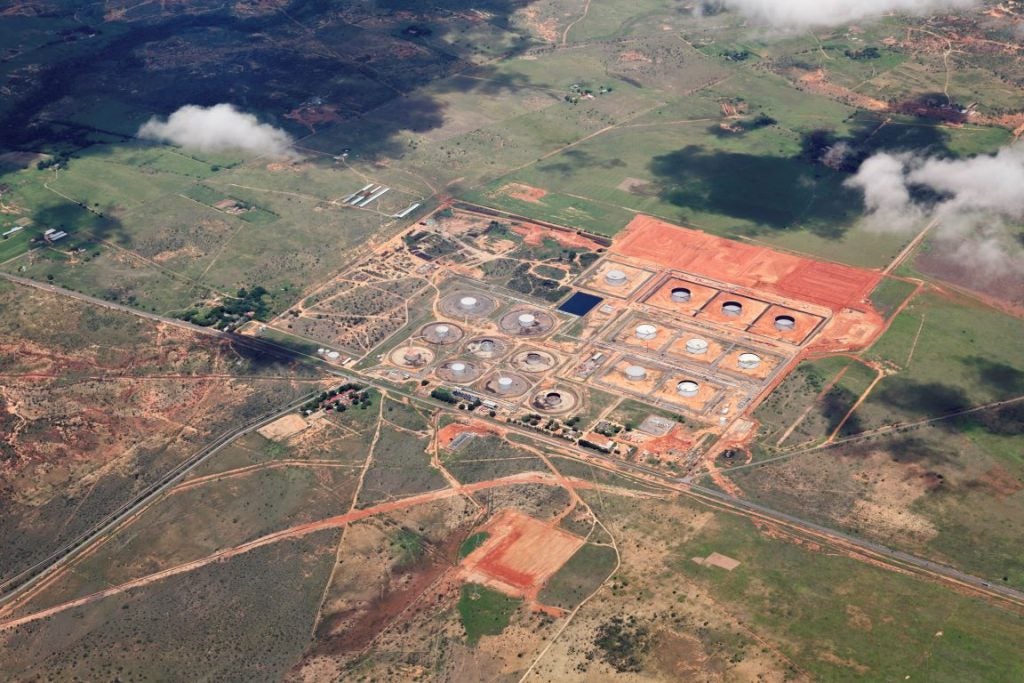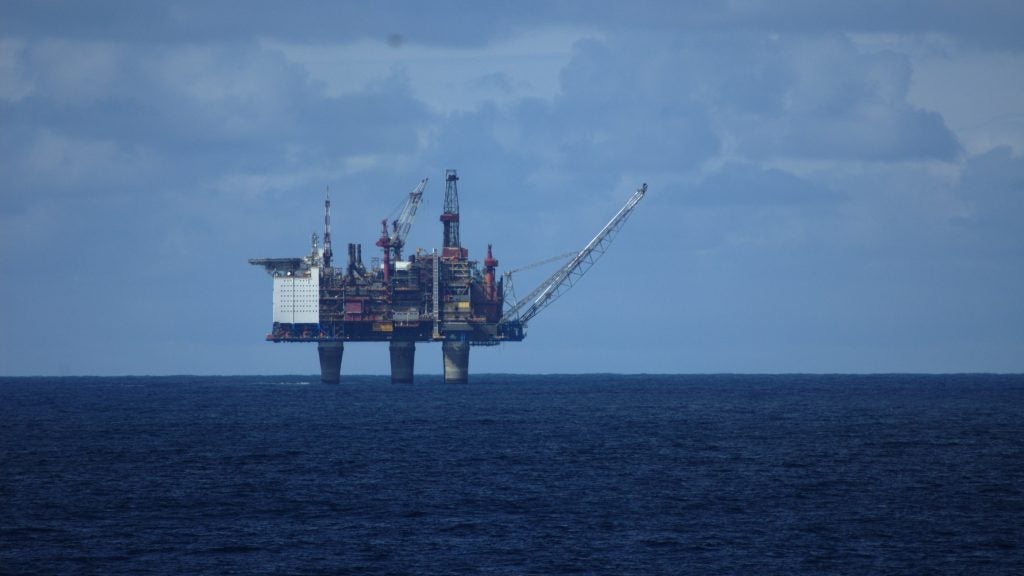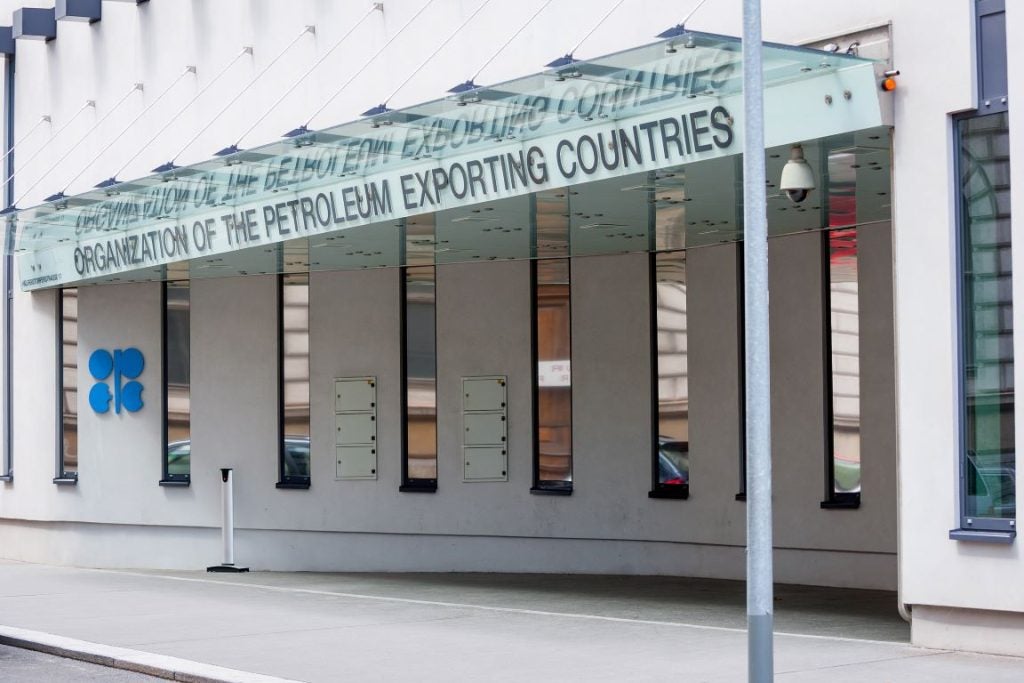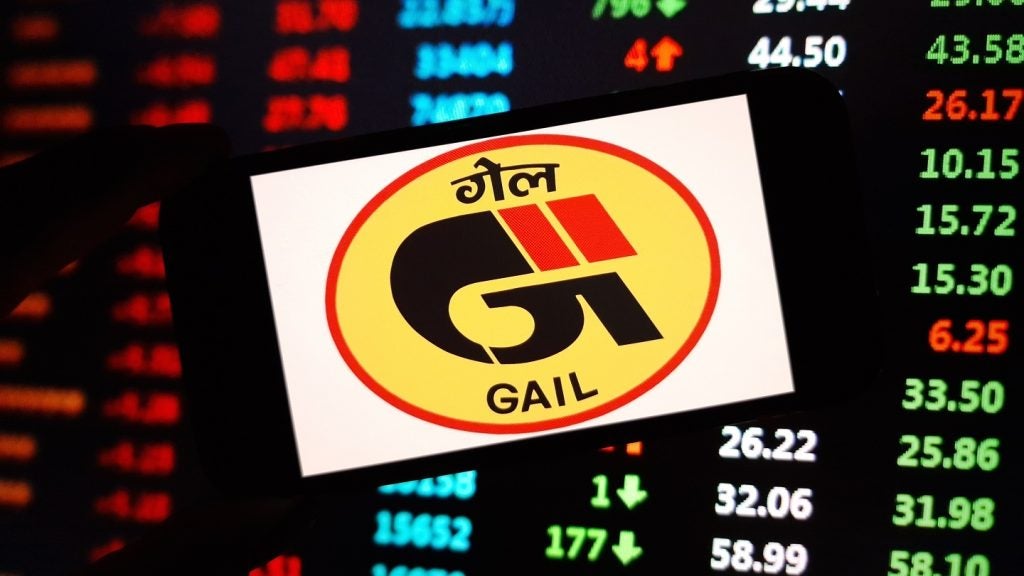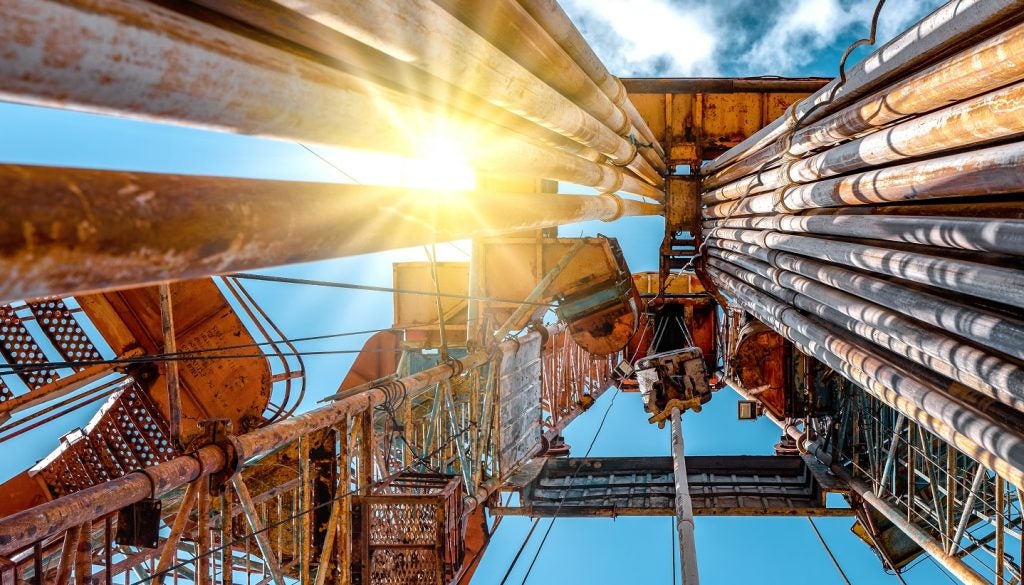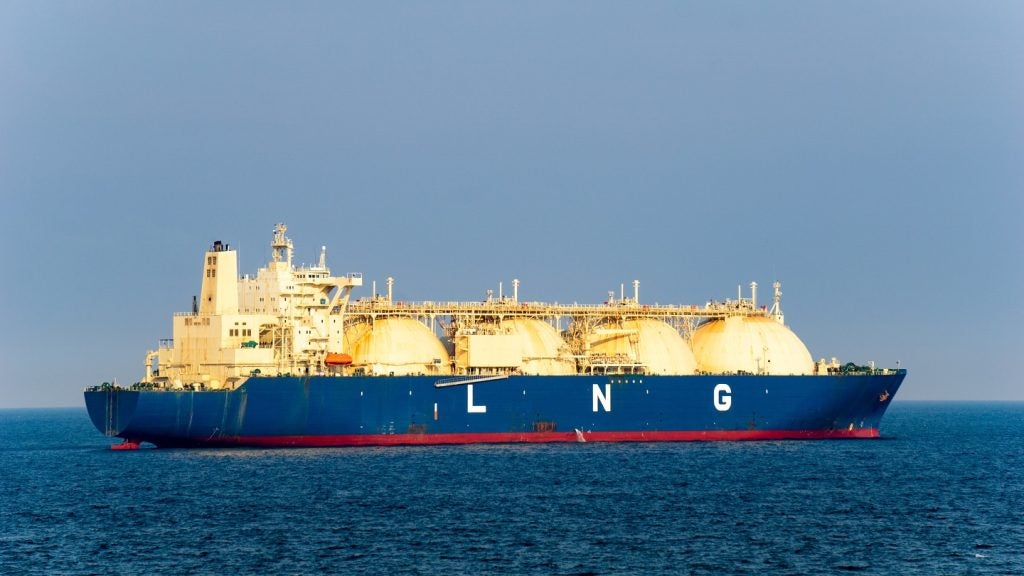The US Government will not renew a temporary licence for Venezuela’s oil and gas sector unless the country’s President Nicolas Maduro commits to free and fair elections this year, a US State Department spokesperson said on Monday.
The spokesperson said: "Absent progress by Maduro and his representatives in terms of implementing the road map’s provisions, the United States will not renew the licence when it expires on 18 April 2024," as reported by Reuters.
In October 2023, the US temporarily halted its sanctions on Venezuela for six months, following an agreement between President Nicholas Maduro's government and the opposition to ensure fairer elections in Barbados.
The sanctions were initially imposed in 2019 in response to Maduro's controversial election victory, which prohibited the state-owned oil company PDVSA from exporting oil to its chosen markets.
According to Reuters, Venezuela's energy sector saw a 12% increase in oil exports last year, reaching nearly 700,000 barrels per day, due to the easing of sanctions in 2023.
In January this year, the US threatened not to renew the licence in April if the Maduro administration did not allow the opposition to participate in the 2024 presidential elections in July.
Not renewing the current licence would prevent the US from issuing a new, more restrictive one.
The Biden administration is not optimistic about Maduro's ability to make enough concessions to meet the US demands before Thursday’s deadline. The US and Venezuelan officials held a secret meeting in Mexico last Tuesday, but a source familiar with the talks stated that they have yet to make progress in narrowing their differences, Reuters said.
On Monday, the US Treasury Department extended a licence protecting Citgo Petroleum, owned by Venezuela, from creditors seeking to enforce judgments from past expropriations and debt defaults, until mid-August.
Offshore Technology reported that Venezuela allied with Iran three years ago to fulfil its oil demand. As of now, Venezuela is trying to pay off its outstanding debt with Iran and has increased the pace of deliveries of heavy crude and fuel cargoes.


